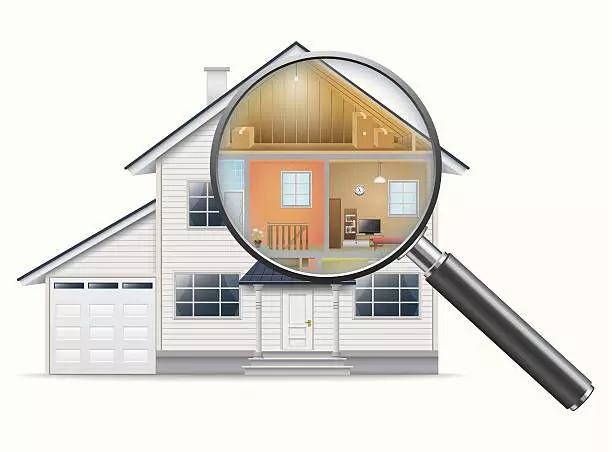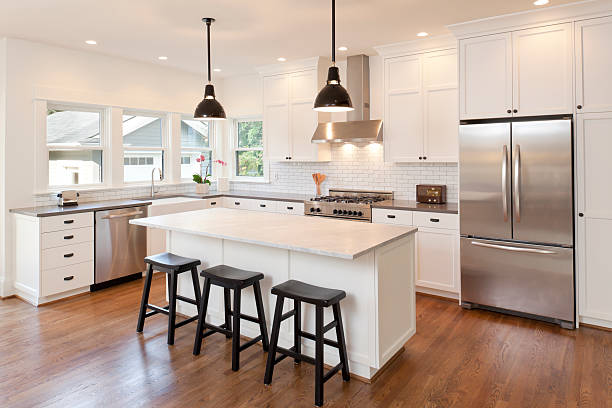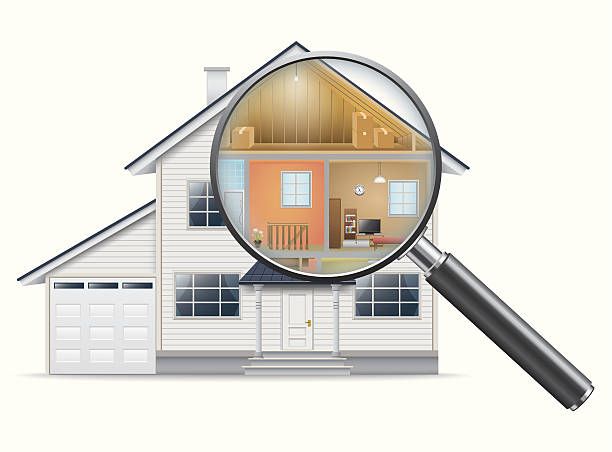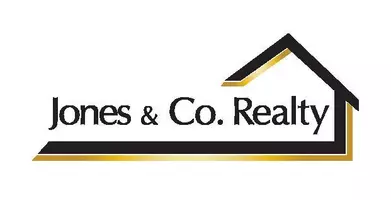Home Inspections and Common Problems: What Sellers and Buyers Need to Know

When selling or buying a home, one of the most important steps is the home inspection. It provides a detailed look at the property’s condition, helping both parties identify any potential issues before finalizing the sale. However, while many buyers expect homes to be in perfect condition, it's common for issues to arise during the inspection. In Florida, most homes are sold “As-Is,” meaning the seller is not obligated to make repairs. However, certain problems can affect whether a home is financeable or insurable, so it’s important to understand what common issues might arise and how they impact a sale.
Common Home Inspection Problems
-
Faulty Plumbing
Faulty plumbing is a common issue that may show up during an inspection. Leaks, outdated pipes, or low water pressure can be red flags. Polybutylene pipes, a type of plastic pipe used in homes built between the 1970s and 1990s, are especially problematic. Many insurers won’t provide coverage for homes with polybutylene plumbing, and they could be a dealbreaker for potential buyers. -
Electrical Issues
Faulty wiring is another frequent problem that may be identified during a home inspection. In particular, certain electrical panels such as Challenger, Federal Pacific, and Zinsco/Sylvania are known to pose safety risks due to their tendency to overheat or fail. These panels are often flagged by inspectors as a safety concern, and lenders or insurers may require them to be replaced before closing. -
Pool Problems
In Florida, pools are a common feature, but they come with their own set of inspection challenges. Pool upkeep can sometimes be overlooked, leading to issues with the pool pump, heater, or structural damage. If the pool has problems that aren’t properly maintained, it could be a deterrent for potential buyers, especially if the repairs are costly. -
Roof Damage
Roof issues are often discovered during home inspections. Leaks, missing shingles, or old roofs can indicate the need for expensive repairs. A roof that’s nearing the end of its life could be a red flag for buyers, and some lenders may require a roof replacement before agreeing to finance the home.
Mandatory Repairs: What Sellers Need to Know
While Florida’s “As-Is Contract” means that sellers aren’t required to fix issues, certain problems can affect the ability to close the deal. Serious issues, like those affecting electrical systems, plumbing, or structural integrity, can make it difficult to secure financing. Lenders typically won’t approve a loan for a home that has major health or safety issues.
How Financing and Insurance Can Be Affected
Even though sellers are not required to make repairs under the As-Is Contract, certain issues could severely limit your buyer pool. Homes that require major repairs might attract only cash buyers because many lenders will not finance properties with these issues. This is because lenders have to ensure that the property is a safe and sound investment.
The Role of Insurance
Home insurance companies also play a significant role in determining whether a home is saleable. Certain issues, such as outdated plumbing or electrical systems, can make a home uninsurable. For instance, homes with polybutylene pipes or older electrical panels may be difficult, if not impossible, to insure. Without insurance, lenders won’t provide financing, and the sale may fall through.
The Impact of VA and FHA Loans
For buyers using VA loans (Veterans Administration) or FHA-backed loans, the condition of the home is even more important.
-
Veterans Administration (VA) loans have strict requirements known as Minimum Property Requirements (MPRs). These requirements are designed to ensure the home is safe, sanitary, and structurally sound. Issues like faulty plumbing or electrical systems may prevent the home from meeting the MPRs and could prevent the buyer from securing financing.
-
FHA loans also have specific standards for the homes they finance. Like VA loans, FHA loans require homes to meet certain health and safety standards. Common issues like mold, structural damage, or a leaky roof may prevent the home from passing inspection for an FHA loan.
The Bottom Line
While the As-Is Contract in Florida offers sellers flexibility, it's crucial to understand that certain problems could limit your buyer pool or prevent financing altogether. Issues like faulty plumbing, outdated electrical systems, and poor roof conditions can make a property ineligible for many types of loans, including FHA and VA loans.
Sellers should be realistic about the condition of their homes and how it may affect potential buyers. Buyers should also be aware of the implications of a home inspection and understand what repairs are necessary for a smooth transaction. In the end, the home inspection process is an opportunity to ensure that both buyers and sellers are entering the deal with a clear understanding of the property’s true condition.
Categories
Recent Posts










GET MORE INFORMATION
Billee Silva, PA, ABR SRS
Licensed Realtor | License ID: P3275278
Licensed Realtor License ID: P3275278
